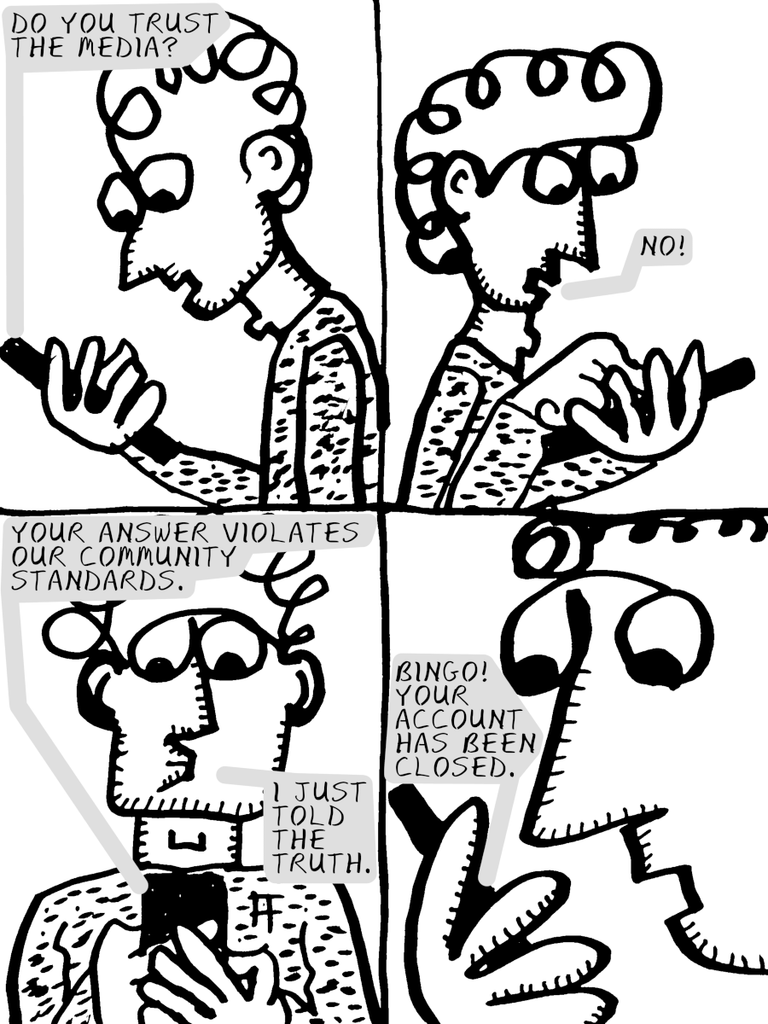
Social media community standards are guidelines established by platforms to regulate user behavior, content policies, and acceptable conduct within online communities. These standards are designed to maintain a positive and inclusive environment for all users. Here are some key points about social media community standards:
NEA Social Media Community Standards: NEA’s guidelines prohibit disruptive, threatening, profane, abusive, harassing, embarrassing, tortuous, defamatory, obscene, libelous, or privacy-invasive content. They also forbid impersonation and unsolicited advertising.
- Carnegie Endowment for International Peace: Platforms like Facebook, Twitter, and others have detailed community standards to address issues such as hate speech, violence, and influence operations. These standards are continually updated and can vary in comprehensiveness and detail.
Egale Canada: Egale Canada’s standards aim to create a safe and inclusive environment, prohibiting hateful, harassing, intimidating, or threatening comments based on race, ethnicity, gender, sexual orientation, religion, disability, or any other protected characteristic.
NSW Government: NSW Government social media guidelines emphasize respect, reliability, relevance, and safety. They hide or delete posts that are abusive, offensive, or unlawful.
Internet Matters: This organization advises parents to familiarize themselves with the community guidelines of social media platforms to ensure their children have a positive and safe online experience.
Industry.gov.au: Guidelines include representing your own views, being civil and respectful, and not posting internet addresses or links to websites that are not verified Australian or state and territory .gov.au websites.
SWISS: SWISS social media guidelines focus on diversity, inclusion, respect, and safety. They encourage constructive feedback and stimulating discussions while avoiding personal or confidential information.
Community First Development: Their guidelines support a respectful and strengths-based approach to community engagement, allowing for differences of opinion and encouraging contributions that enhance understanding.
These standards help maintain a positive and respectful online environment by setting clear expectations for user behavior.
Shadow banning on social media refers to the practice of limiting or restricting a user’s visibility on social media platforms without their knowledge. This can happen for various reasons, such as violating platform guidelines or being flagged by algorithms.
Shadow Banning: A moderation technique where users or their social posts are blocked without it being apparent to them, making their posts invisible to other users on a social platform.
Demotion: A tactic used by social media platforms, such as Facebook, where a post is less likely to be shown to other users because it has been flagged for some reason, such as containing misinformation or being harmful.
Visibility Filtering: A practice referred to by previous Twitter management, which includes tools allowing accounts to be tagged as “Do not amplify” and under “blacklists” that reduce their prominence in search results and trending topics.
Examples of shadow banning include:
A user posting content that violates community guidelines, resulting in their posts being hidden from others without notification.
A user experiencing a sudden drop in engagement, such as likes, comments, and views, without any apparent reason.
A user’s account being restricted, making it difficult for others to find or interact with their content.
Social media platforms, such as Facebook, Instagram, Twitter, and TikTok, have been accused of shadow banning, although they often deny the practice. However, they do have community guidelines that, if violated, could result in content demotion or removal. To avoid shadow banning, users should familiarize themselves with each platform’s guidelines and adhere to them strictly.
- See this post for background on the organization: The Kathryn Casey Story
Alt-News & Views -
https://www.minds.com/artgrafiken/